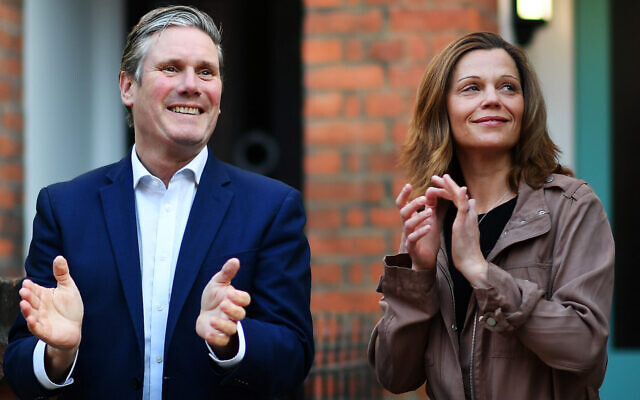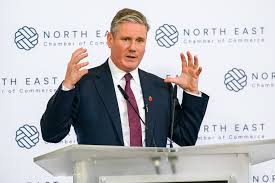
It’s that time again. Sometime on the night of July 4th, we will learn the outcome of this year’s General Election. But will this turn out to be one of the great landmark elections of history? In truth, whatever the result, we’re unlikely to be able to judge the full extent of its historical import until some time afterwards.
There have been 32 General Elections held since 1900. Of that number, between three and five have come to be regarded as truly landmark contests.
Although there is now no one left alive to remember it, the General Election of 1906 was undoubtedly a bit of a doozy. The Liberals led by Sir Henry Campbell-Bannerman (widely known as “C.B”) won a massive victory achieving a majority of 132. The Tories were shattered, perhaps even more so than in 1997. The outgoing Prime Minister, Arthur Balfour lost his seat as a result of the relentless Liberal onslaught. C.B himself didn’t last long and in fact died shortly after resigning the premiership due to ill health just two years later. But the Liberal government proved a radical one introducing old age pensions, laying the foundations of the welfare state and ultimately leading Britain into the First World War. The new Labour Party also made a strong showing for the first time in 1906. This would prove a portent of things to come. The Liberals would never win a General Election on their own again.
Very old readers (aged eighty-five or above) may still remember the ‘Khaki election’ of 1945. Indeed, if you are over a hundred, you may have even voted in it. it was the last General Election to be held in July before 2024 (although the results didn’t come through until August) with voting occurring after the World War II victory over Germany, but before the surrender of Japan. Many voters were serving in the armed forces and stationed overseas. The astonishing thing was that for all his wartime popularity, Winston Churchill was decisively rejected by the UK electorate in favour of a Labour Party who won a majority in parliament for the first time under the uncharismatic Clement Attlee. Labour, in fact, won a huge majority of 146. A new order was established: either the Tories or Labour have won every election since. Labour did much the Tories would not have done, nationalising vast swathes of UK industry and creating the welfare state and the NHS. No government of either party seriously challenged the post-war consensus until 1979.
Was the 1964 contest really a landmark election? Some would argue “no” as the fundamentals didn’t really change. But it probably seemed like a big shift at the time with the wily and witty pipe-smoking Yorkshireman, Harold Wilson scoring a narrow win for Labour after “13 years of misrule” as he would have phrased it by Tory toffs. It was the first election to be fought out largely on TV.
Margaret Thatcher’s first victory in May 1979 was undeniably a landmark election heralding not just the arrival of Britain’s first woman Prime Minister but also a new kind of Britain; one ultimately characterised by privatisation, enterprise culture, high unemployment, greatly diminished trade union power and the Poll Tax.
Tony Blair’s triumphant victory for New Labour in 1997 was probably the most recent General Election to result in an outcome which signified seismic change. The New Labour majority was a whopping 179: greater than that achieved by any party since 1945. Although some argued New Labour offered little more than warmed-up Thatcherism, it is difficult to imagine Thatcher ever offering up such changes as the minimum wage, devolution or the Good Friday Agreement.
As for 2024, all indicators currently seem to suggest a change of government, possibly as a result of a very large Labour win in July. However, such a result can only really be judged to have been truly pivotal if we see embarking on a clear and decisive new direction in the years ahead. In short, we will just have to wait and see.



